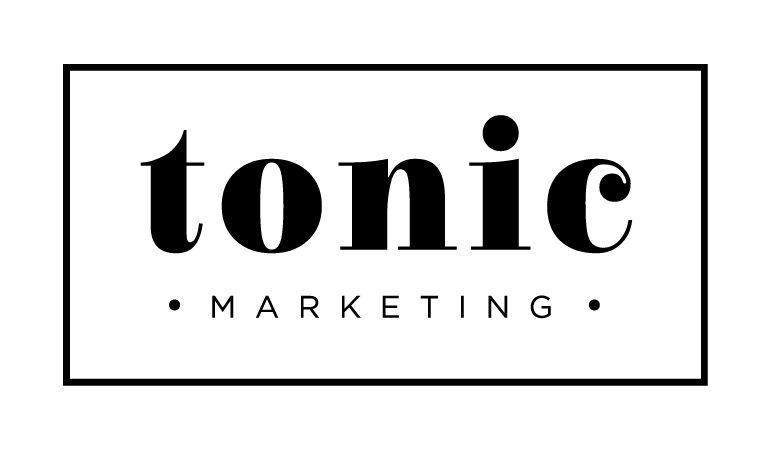Outsourcing: How Do You Find a Cultural Match?
As any hiring manager well knows, adding a new person to the team can be as much about cultural fit as experience. For example, will the person be able to build camaraderie? Match the work ethic of the team? Will they own the company vision, and commit themselves to excellence? These questions seem obvious when thinking about hiring a new employee; however, we often overlook them when hiring a new vendor. As more and more work is being assigned to freelancers and agencies, is it possible to outsource a cultural fit?
Work isn’t what it used to be. Fewer of people entering the workforce are tied to single, permanent positions. As Robin Chase, cofounder of Zipcar, said recently: "My father had one job in his lifetime. I will have six jobs in my lifetime, and my children will have six jobs at the same time." Already we’re seeing the number of freelance workers grow. Today, America has roughly 53 million freelance workers. That’s 34% of the workforce! (Schiller, FastCo, Dec. 2016).
Naturally, there are some pretty compelling reasons to hire freelancers or otherwise outsource a job you need done. To name a few, you don’t have to take the time to train job skills, pay health benefits, provide holiday pay or contribute to a 401(k). A freelancer or agency also feels more pressure to get things done, compared with a full-timer who gets paid regardless of when a project finishes. And since outsourced freelancers work with many different clients, they usually draw from a wider portfolio of experience.
But getting back to the original question, can these super-efficient freelancers align culturally with your organization? To answer, we require a working definition of culture. Many organizations describe their culture as a mix of company values and employee perks. While the freelancer certainly won’t be enjoying the benefits of a company gym membership, unlimited espresso or free child care, they should be able to grasp the philosophical reasons for why your business exists. They should, at a minimum, understand your company mission, its values, and the key initiatives for the year or next several quarters.
Even that, however, feels like the tip of the iceberg when it comes to choosing someone you can really work with. True collaboration--whether in-house or outsourced--involves a certain level of communication, trust, and relevancy. Once you have determined that the fundamental skillset is a match, these are the key areas for determining cultural fit.
Do they have flawless communication?
When considering a new hire, make sure that the person or firm understands the pace of your business and the communication that comes with it. Can he or she respond quickly to a text? Draft an effective email? Have a professional presence at an important meeting? Are they comfortable speaking with anyone on your team--from the graphic designer to the intern to the CEO? If the answer is yes, you’re on the right track.
Can they be part of your circle of trust?
This really can’t be overstated. If you can’t trust a person or firm to work with integrity, the relationship will not go far. Make sure you feel comfortable with the quality of the work, the ability to meet deadlines, and overall professionalism of whomever you choose to work with.
How do they stay relevant?
One of the most vibrant sources of organizational culture is continued learning. As any business owner will tell you, staying current and pursuing new ways to improve is vital to your success. A freelancer or agency should be similarly motivated, and up-to-date on best practices that may benefit you. When interviewing any agency or freelancer, it is good to know how exactly they stay relevant and deliver value to clients. And it’s OK to ask!
Outsourcing can be scary at first, but with the right fit, it can produce wonderful results that we can all feel proud of. At Tonic, we’re looking to build awesome relationships that make our clients feel fully supported. Contact us today to find out more about how we fit in!

